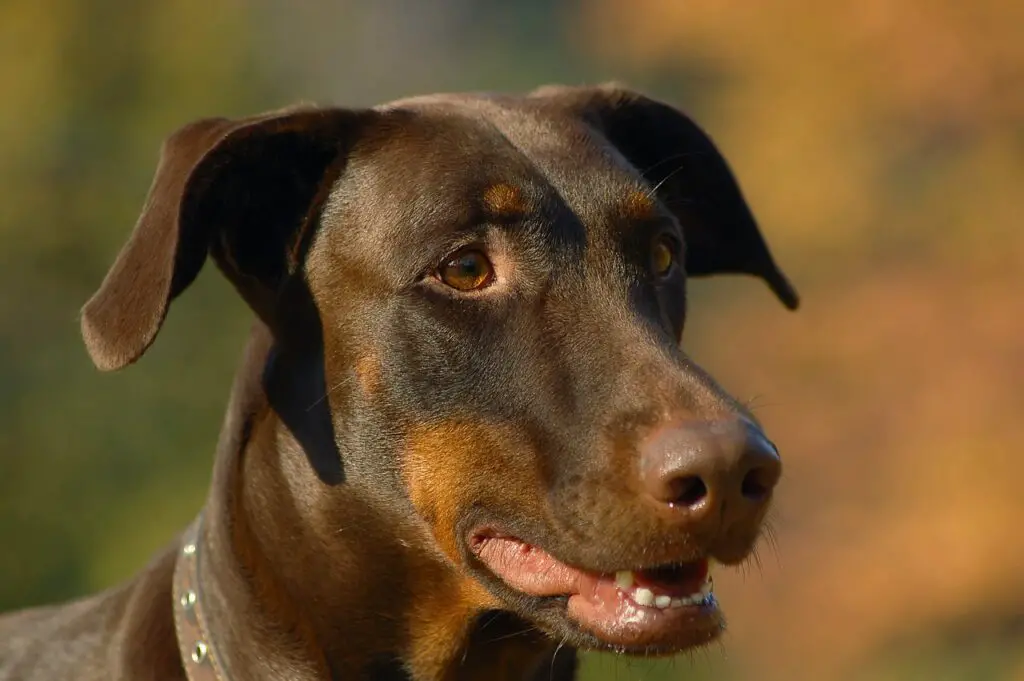Most of us dog parents are guilty of demonstrating love for our fur babies using the food we eat.
While cheese pizza is easily a favorite comfort food for us humans, you may be wondering if dogs can also enjoy it.
So, can dogs eat cheese pizza?
No.
Most cheese pizzas include onion, garlic, sauce, and other harmful toppings in their crust.
Pizza also has a high sodium content and little nutritional value for dogs, which may pose several health risks, including diabetes and salt poisoning.
This article will explain what you should expect if you allow your dog to munch on a slice of cheese pizza.
It will also discuss all the harmful ingredients and their effect on dogs.

Can dogs eat cheese pizza crust?
While a single bite of the cheese pizza crust is unlikely to be poisonous to your dog, it might still cause mild to severe symptoms if your dog takes a few bites.
The crust contains high amounts of salt and oil that can be dangerous for your dog, especially if he has a preexisting condition like kidney failure.
The flour used to make the crust can trigger an allergic reaction, especially if your dog is allergic to wheat or gluten.
It’s best not to give your dog cheese pizza crust as it may cause unnecessary weight gain from the empty calories.

What happens if a dog eats cheese pizza?
The aftereffect of a dog consuming cheese pizza will highly depend on:
- The ingredients used in the crust – Some of the ingredients like flour, oil, and salt, if ingested in large amounts, may cause serious health issues, especially if your dog has wheat allergies
- The toppings – Most cheese pizzas include toppings like onion, garlic, and pepperoni that are dangerous for your dog even in small amounts
- The amount consumed – If your dog eats cheese pizza in excess, he may be at a risk of rapid weight gain, which may be dangerous, especially if your dog is diabetic
- Your dog’s age and size – Eating cheese pizza regularly may be detrimental to the health of smaller dogs or puppies. This is because they are more susceptible to harm due to a low immunity that’s still developing.
- Your dog’s general health profile – Dogs with preexisting conditions like diabetes or pancreatitis shouldn’t be fed cheese pizza, even in small amounts, as it may worsen their condition
If you suspect your dog has eaten cheese pizza in excess, expect to deal with symptoms like:
- Vomiting
- Diarrhea
- Stomach discomfort
- Loss of appetite
- Gassiness
However, if your dog steals cheese pizza with harmful toppings like garlic, onions, or tomato sauce, call your vet immediately to learn the action to take.
How much cheese pizza can a dog eat?
The amount of cheese pizza your dog can eat will depend on his size, age, and overall health.
For a larger dog, it may take more than just a bite for the harmful ingredients to cause significant problems to his health.
The excess salt, fats, garlic, and onions may cause mild to severe health issues for a smaller dog.
These issues include GI distress, vomiting, diarrhea, salt poisoning, or death.
Even if your dog tolerates a small amount of pizza, it’s best not to feed him.
The topping ingredients like sauce, cheese, garlic, onion, and oil can cause your dog adverse effects.
However, if your dog nibbles on a few crumbs off the floor, he should be fine.
Avoid feeding even a tiny amount of cheese pizza to your dog if he has any preexisting conditions like diabetes or obesity or if he’s allergic to wheat or gluten.

Harmful ingredients in cheese pizza for dogs
Cheese
Cheese has a high fat and calorie content that may pose severe problems for your dog.
If your dog has lactose intolerance, the inability to deal with dairy can cause bloating, diarrhea, and vomiting.
For dogs with pancreatitis or obesity, the high-fat content in most cheeses may lead to unnecessary weight gain, further worsening their condition.
Avoid feeding your dog foods containing cheese like cheese pizza if he has kidney disease.
The high sodium content may increase their blood pressure worsening kidney damage.
Salt
Cheese pizza contains too much salt, which can be dangerous to your pup.
Salt has a high sodium content that can result in dehydration or high blood pressure.
Your dog may also develop sodium ion poisoning, whose symptoms are difficulty in urinating, fever, vomiting, diarrhea, excessive thirst, seizures, and tremors.
It might result in death in some cases, especially if left untreated.
Flour and raw dough
If your dog wolfed down a significant amount of crust, several things could go wrong.
The crust contains flour, salt, and oil toxic for dogs with wheat allergies, kidney problems, or other heart-related issues.
Similarly, if your dog takes a bite of raw pizza dough, rush him to the vet as he may require urgent vet care.
Uncooked yeast dough can continue to expand in your dog’s stomach as it provides a perfect environment for the yeast to activate, causing the bread to continue to rise.
This may cause severe breathing difficulties and potentially compromise the blood supply in the walls of its stomach resulting in respiratory issues.
Worse still, your dog may become intoxicated due to the ethanol byproduct that yeast produces, resulting in alcohol toxicosis.
Sauce
The marinara sauce spread on the pizza dough is a simple concoction of tomatoes, herbs, garlic, and onions that may be harmful to your dog.
While the tomatoes may be safe for your pup, the rest of the ingredients could pose more problems for your dog as they contain harmful ingredients incompatible with your dog.
For example, garlic and onion contain an organosulfur compound that can damage your dog’s red blood cells.
This may further result in anemia, leading to death if left untreated.
Why is pizza bad for dogs?
If your dog just ate a bite without toxic ingredients like garlic and onions, he should be fine.
However, most pizza recipes include a sauce and various toppings like garlic, onions, pepperoni, excess oil, and salt, which may cause harm to your dog.
The wheat flour, yeast, salt, sugar, and oil can be dangerous, especially for dogs with wheat allergies or obesity.
Pepperoni contains high amounts of sodium, fats, and calories that can result in digestive issues and pancreatitis.
Other ingredients like onion and garlic can damage your dog’s red blood cells causing anemia.
In conclusion
Cut all the table scraps out, including cheese pizza crumbs, and strictly feed your pup a nutritionally balanced diet.
Before introducing new food to your dog’s diet, consult your vet.
- What Dog Breeds Have Pink Skin? - March 24, 2023
- What Are the Most Inspiring Dog Breeding Quotes? - March 20, 2023
- Can Pheromone Spray Help Improve Dog Breeding Results? - March 19, 2023








